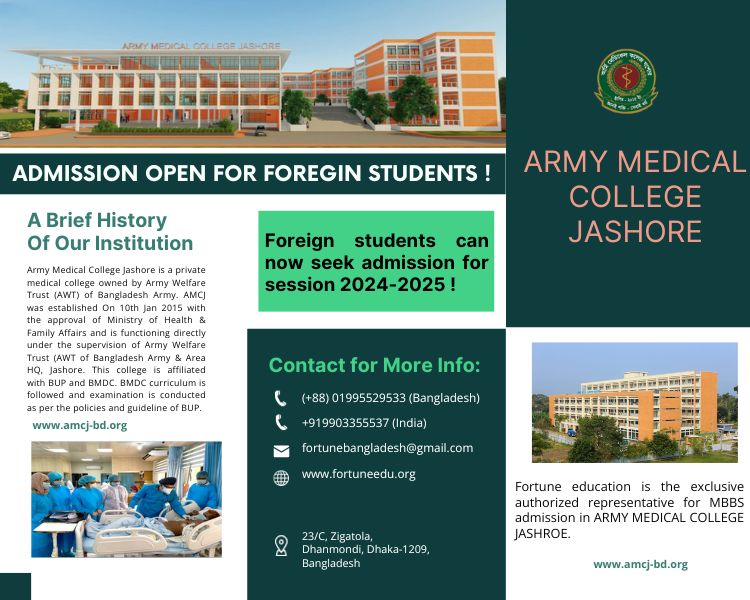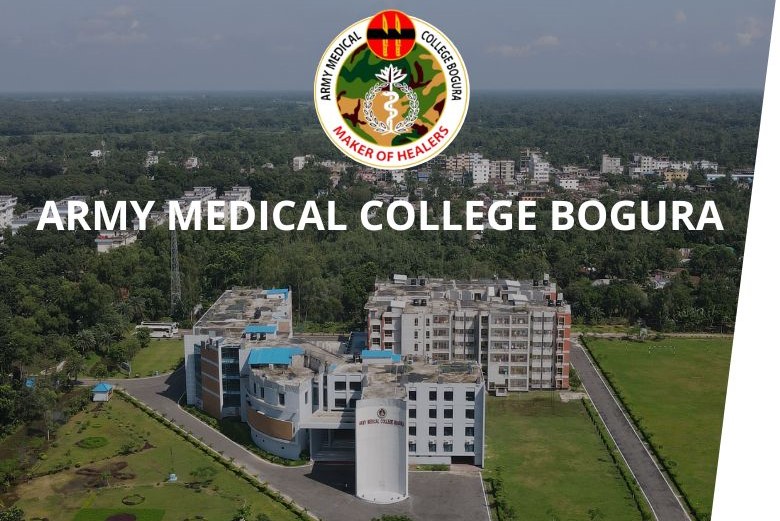Medical education in Nepal is growing in popularity due to its affordability and the quality of education offered. The country has several reputable medical colleges that provide MBBS and other medical degrees. These institutions are recognized by major medical councils globally, attracting both local and international students.
Medical Education in Nepal
The curriculum is comprehensive, blending theoretical knowledge with practical training. Admission to these colleges typically requires passing an entrance exam. Nepal offers a unique learning environment, with a focus on rural healthcare, which is integral to its medical education system. The duration of the MBBS course in Nepal is similar to other countries, generally around five and a half years, including a mandatory internship.
Medical Education Policy in Nepal
The Medical Education Policy in Nepal for 2023, as set by the Medical Education Commission, governs the admission process for medical education, including MBBS. The policy details the admission rules and conducts admission tests for local students. Selection is based on merit, combining admission test results and grade point averages from SSC & HSC. For the 2019-2020 session, 80 students were admitted, including a 25% quota for foreign students.
Documents required for admission include passport-size photographs, nationality and birth certificates, and academic transcripts. For more detailed information on the policy and admission requirements, you can visit the Medical Education Commission’s website: mec.gov.np.
Medical Admission in Nepal
Medical admission in Nepal for MBBS and other medical programs typically involves a centralized admission test conducted by the Directorate General of Health Services. The selection of candidates is based on merit, combining the results of the admission test and the grade point average of secondary education exams. Prospective students need to apply within specified deadlines and follow the guidelines provided in advertisements and notices. The admission process is transparent and ensures equal opportunities for all eligible candidates. For more specific details and updated information, it’s advisable to visit the official website of the concerned medical education authority in Nepal.
MBBS in Nepal
Studying MBBS in Nepal is an appealing option for many students due to the country’s quality medical education and affordable tuition fees. The MBBS program in Nepal typically spans 5 to 6 years, including a mandatory internship period. Admission to MBBS programs requires passing a centralized entrance examination, and the selection process is merit-based. Many medical colleges in Nepal are recognized internationally, making the degree globally valid.
The curriculum is comprehensive, focusing on both theoretical knowledge and practical skills. Additionally, Nepal’s diverse demographic provides a broad clinical exposure to students. For detailed information on specific colleges, admission procedures, and eligibility criteria, it’s advisable to visit the official websites of the respective medical colleges or the Directorate General of Health Services in Nepal.
MBBS Fees Structure in Nepal
The MBBS course in Nepal typically costs between INR 46 lakh to 60 lakh for the entire duration of the course. This cost is relatively affordable compared to many Western countries and even some private medical colleges in India. The MBBS program in Nepal is a 5 and a half year course, with the medium of instruction being English, which is beneficial for international students.
The colleges are recognized by major medical councils, including Nepal’s Medical Council, and offer a high standard of education. The admission process includes applying through the university portal, submitting necessary documents, and fulfilling eligibility criteria such as a minimum of 50% marks in Physics, Chemistry, and Biology, and clearing the NEET exam.
The fees for studying MBBS in Nepal for the academic year 2023-24 are approximately between INR 46 lakh to INR 75 lakh for the entire course. These fees vary depending on the medical college. Some of the medical colleges and their respective fee structures are:
Nepalgunj Medical College: INR 60,00,000
College of Medical Science Nepal: INR 58,00,000
Manipal College Of Medical Science: INR 75,00,000
Kathmandu Medical College: INR 54,00,000
Nobel Medical College: INR 56,00,000
Nepal Medical College: INR 52,00,000
Lumbini Medical College: INR 53,00,000
Birat Medical College: INR 53,00,000
Devdaha Medical College And Research Institute: INR 52,00,000
National Medical College: INR 62,50,000
Universal College Of Medical Sciences Nepal: INR 58,00,000
Chitwan Medical College: INR 52,00,000
KIST Medical College: INR 48,00,000
Gandaki Medical College: INR 50,00,000
Janaki Medical College: INR 46,00,000
Army Medical Colleges in Bangladesh
Army Medical College, Dhaka: As a premier institution in Bangladesh’s capital, this college is a beacon of medical education excellence. It provides an extensive MBBS program enriched with advanced medical technologies and teachings. The faculty comprises seasoned professionals who bring a wealth of experience and knowledge. The college’s urban location in Dhaka also offers students exposure to diverse medical cases, enhancing their learning experience.
Army Medical College, Chittagong: This college stands out for its exceptional academic setting in Bangladesh’s bustling port city, Chittagong. Its modern infrastructure is a cornerstone for delivering top-notch medical education. The college’s proximity to various healthcare facilities in Chittagong allows students to gain practical experience in a real-world medical environment, an essential component of their education.
Army Medical College, Comilla: Known for its rigorous academic approach, this college in Comilla offers a blend of theoretical and practical learning. The campus is outfitted with contemporary teaching tools and facilities, fostering an environment conducive to in-depth medical study and research.
Army Medical College, Jessore: This institution in Jessore is celebrated for its high standard of medical education and training. It provides a well-structured MBBS program, supported by a dedicated faculty. The college emphasizes a balanced approach to learning, combining classroom theory with practical application.
Army Medical College, Bogura: Situated in Bogura, this college is distinguished by its robust MBBS program. It features modern educational facilities and emphasizes a curriculum that balances theoretical knowledge with practical skills. The college aims to produce well-rounded medical professionals who are adept in various aspects of healthcare.
Army Medical College, Rangpur: Located in Rangpur, this college is noted for its comprehensive approach to medical education. It fosters a strong research-oriented environment, alongside hands-on training. This approach ensures that students not only learn the fundamentals of medicine but also engage in innovative medical research.
Together, these institutions form a formidable network of medical education in Bangladesh, each contributing uniquely to the development of skilled medical professionals. Their geographical diversity also ensures that quality medical education is accessible in various regions of the country, supporting the broader goal of improving healthcare nationwide.
Fortune Education
“Fortune Education” could refer to various contexts, including a specific educational institution, a consultancy service, or an educational initiative, depending on the region and the focus area. However, without additional context, it’s difficult to provide detailed information. If “Fortune Education” is an organization or a service related to education in Bangladesh, as the context of your previous inquiries suggests, it might be involved in areas like educational consultancy, student placement, or professional development.
If “Fortune Education” is related to the medical field, especially in a country like Bangladesh, it could be an agency that helps students secure admissions in medical colleges, such as the Army Medical Colleges you mentioned. Such organizations often provide services like career counseling, admission guidance, and assistance in the application process.
Could you please provide more specific information or clarify the context in which you are referring to “Fortune Education”? This would help in giving a more accurate and detailed response.



